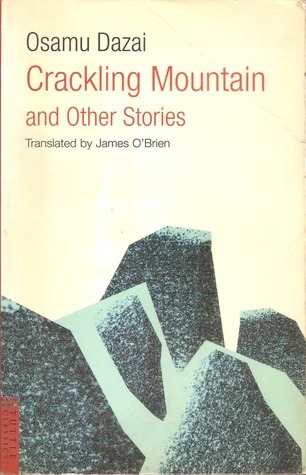What do you think?
Rate this book


256 pages, Paperback
First published June 1, 1989
“At such times I always sought refuge in a bookstore. There was one close by, and I hurried there now. Just to see all the books lining the shelves would lighten my mood as if by magic. This particular store had one corner containing a half dozen volumes that I couldn’t buy even though I wanted to. Now and then I would linger there and peek inside the covers. I would try to act casual, but my knees would be shaking. Of course, I didn’t go to bookstores just to read articles on anatomy. I went because any book gave me comfort and solace at the time.”